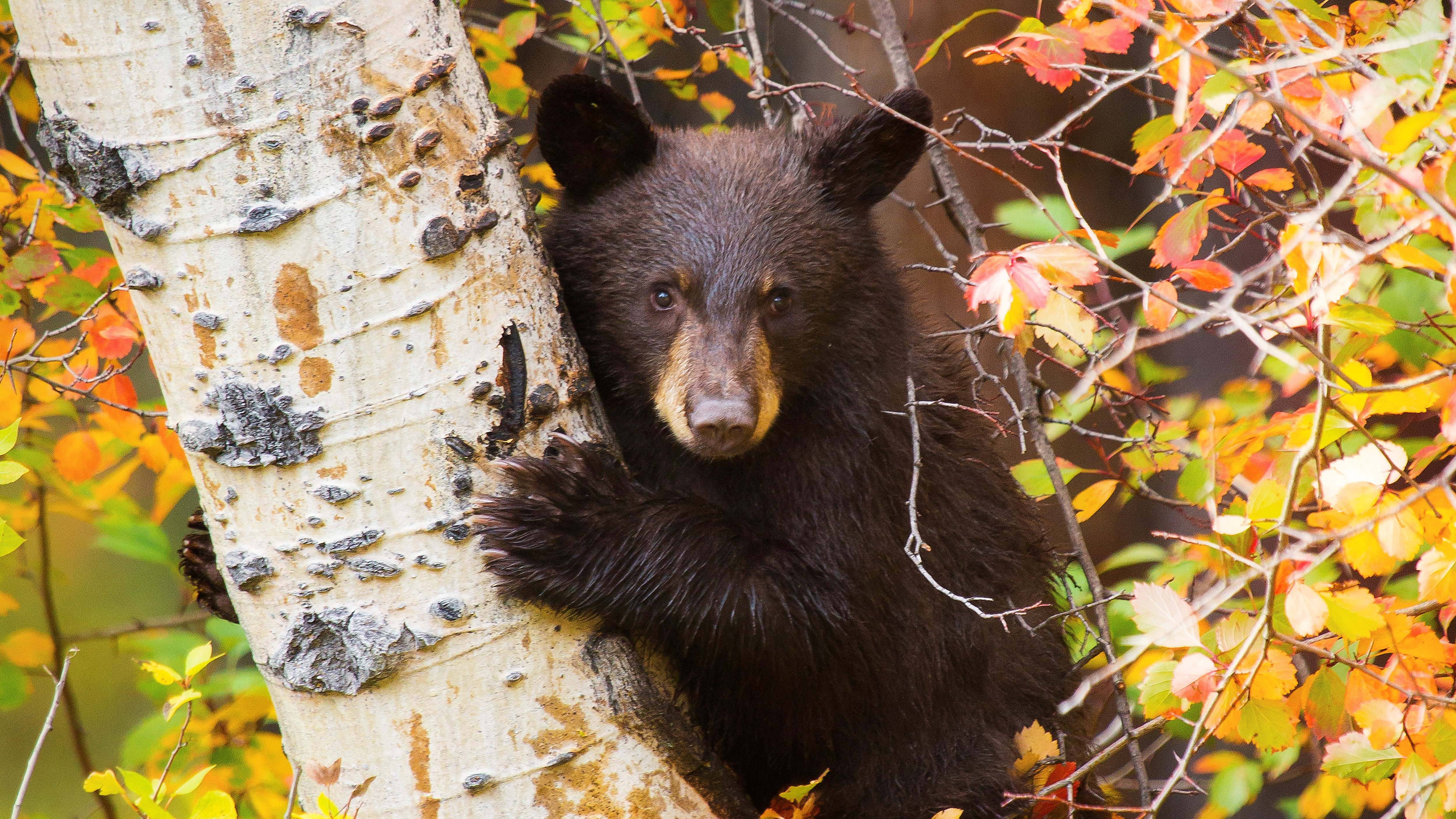
A man was spotted approaching a black bear cub at Grand Teton National Park this week, getting dangerously close and crouching behind a tiny wall to photograph the animal.
The encounter was spotted by wildlife guide Jonathan Cade Castle, and shared via Instagram account TouronsOfNationalParks, which calls out examples of bad behavior at sites of natural beauty throughout the US.
Other recent incidents have included a man jumping out at bears while making gorilla noises, a woman trying to pet a bison while taking selfies, and a man dabbling his fingers in a scalding, acidic pool.
"Witnessed this near Jenny Lake," wrote Castle. "We were pulling into the parking lot. Many were way too close and this guy led the charge."
"Did he think the bear couldn’t see him?" asked one commenter. "Why can’t these people just leave the animals alone? They are risking the animals' lives, which in my opinion are the only ones that matter in these types of situations."
Black and grizzly bears can be found throughout Grand Teton National Park, and visitors are warned to be alert at all times.
"Bears are wild animals," says the National Park Service (NPS). "While most will try to avoid humans, they may act aggressively when placed in different situations. Many aggressive interactions between bears and humans are caused when a bear feels they, their young, or their food source is threatened."
Safety in bear country
The NPS warns visitors never to deliberately approach a bear, and to remember that individual animals have their own needs when it comes to personal space. Each bear will react differently, and their behavior cannot be predicted.
Even seemingly harmless encounters can have tragic outcomes. Animals that have frequent contact with humans can eventually lose their natural wariness around people – a phenomenon known as habituation. This makes close calls much more likely in the future, as the animals don't leave an area when people are nearby, and if the animal suddenly feels threatened and lashes out, it's likely to be euthanized for public safety.
For more advice, see our guides what to do if you meet a bear and wildlife safety: eight tips for unexpected encounters. The NPS also has a comprehensive guide to recreating safely in bear country.
- The best binoculars and monoculars: enjoy watching wildlife from a safe distance







